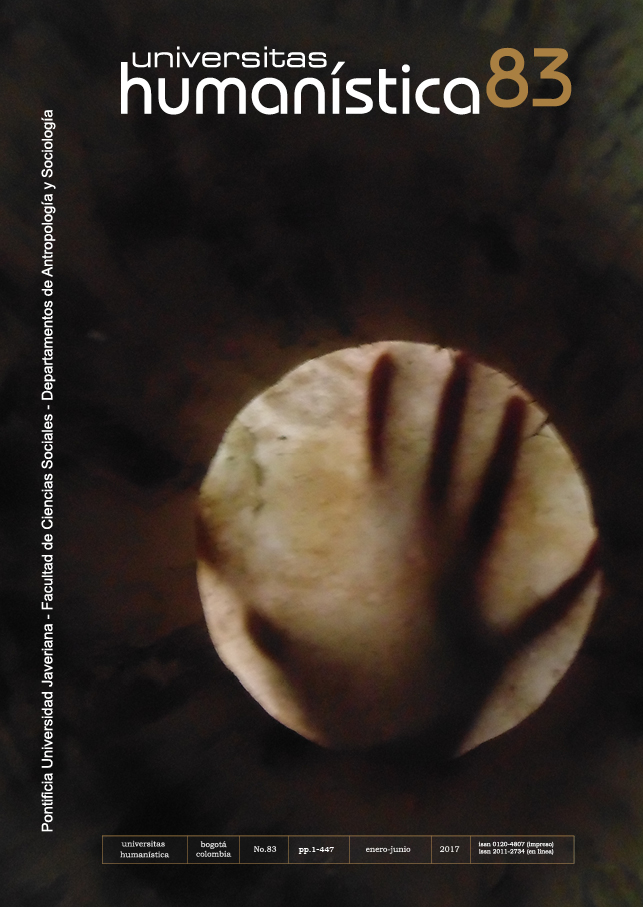Resumen
Históricamente, la relación entre los grupos indígenas y el Estado argentino ha sido compleja. En el marco de un modelo de escolarización estatal que no recuperó los conocimientos y experiencias de las poblaciones indígenas, diversas iglesias persiguieron objetivos propios, y reemplazaron, cuestionaron y apoyaron tareas del Estado. Aquí analizaremos los vínculos entre las iglesias (católica y evangélicas) y las poblaciones indígenas, centrándonos en los ámbitos educativos y, especialmente, en el proceso de alfabetización. Sistematizaremos aquellas acciones que, con propósitos diversos, pretendieron acercar a los pueblos tobas/qom y mbyá-guaraní (norte y noroeste de Argentina) al uso oral de la lengua oficial del Estado y a su escritura, así como al desarrollo de la escritura de las lenguas indígenas. En muchoscasos y aún con contradicciones, estas acciones representan un antecedente de la educación escolar intercultural poco estudiado. Metodológicamente, se recuperarán fuentes documentales y análisis teóricos, a la luz de exploraciones de campo etnográficas realizadas en la última década con dichas poblaciones.

La revista Universitas Humanística se encuentra registrada bajo la licencia Creative Commons Reconocimiento 4.0 Internacional. Por lo tanto, esta obra se puede reproducir, distribuir y comunicar públicamente en formato digital, siempre que se reconozca el nombre de los autores y a la Pontificia Universidad Javeriana. Se permite citar, adaptar, transformar, autoarchivar, republicar y crear a partir del material, para cualquier finalidad (incluso comercial), siempre que se reconozca adecuadamente la autoría, se proporcione un enlace a la obra original y se indique si se han realizado cambios. La Pontificia Universidad Javeriana no retiene los derechos sobre las obras publicadas y los contenidos son responsabilidad exclusiva de los autores, quienes conservan sus derechos morales, intelectuales, de privacidad y publicidad.
El aval sobre la intervención de la obra (revisión, corrección de estilo, traducción, diagramación) y su posterior divulgación se otorga mediante una licencia de uso y no a través de una cesión de derechos, lo que representa que la revista y la Pontificia Universidad Javeriana se eximen de cualquier responsabilidad que se pueda derivar de una mala práctica ética por parte de los autores. En consecuencia de la protección brindada por la licencia de uso, la revista no se encuentra en la obligación de publicar retractaciones o modificar la información ya publicada, a no ser que la errata surja del proceso de gestión editorial. La publicación de contenidos en esta revista no representa regalías para los contribuyentes.


